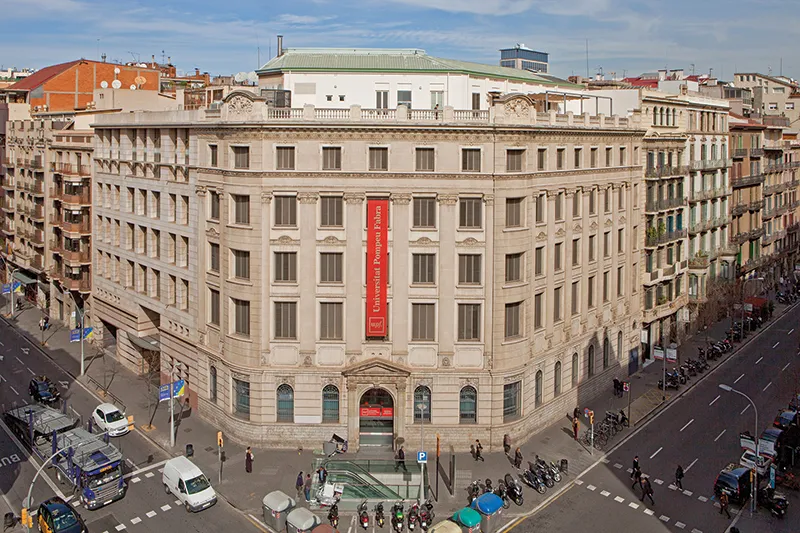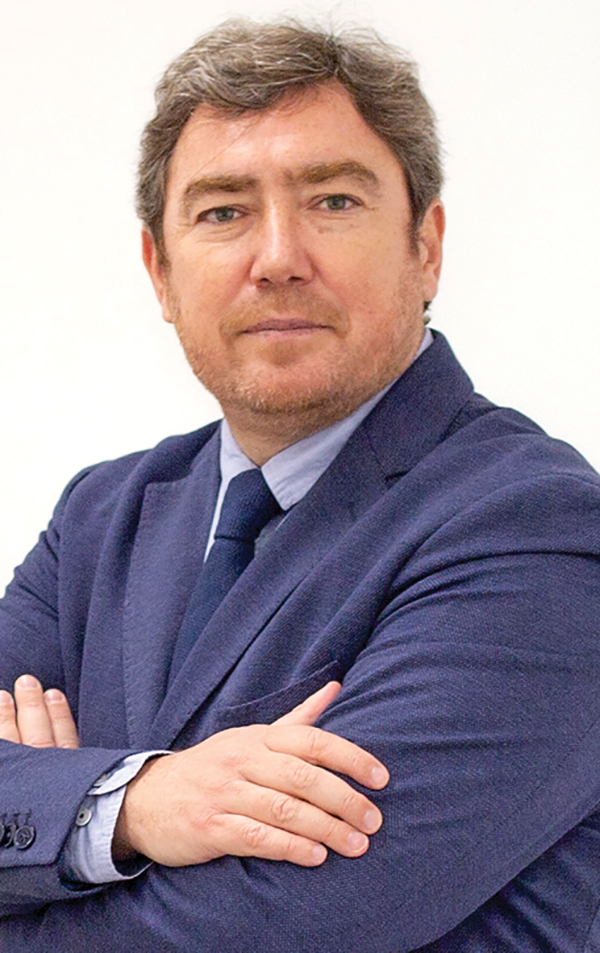Spanish Institution Promotes Social Change for a Better World of Tomorrow
Barcelona's business education school promotes itself as a center for sustainability and diversity that means to make a strong impact on government, business and society

UPF Barcelona School of Management building in the heart of Barcelona
Interview with José M. Martínez-Sierra, Director General, UPF Barcelona School of Management
What differentiates UPF Barcelona School of Management (UPS-BSM) from other worldwide business schools?
We place a great deal of importance in curricula and specific courses for global gains that students can expect in the short term. We are training leaders who will take on roles in both the public and private sectors.

We are most fond of businesses that have a long-term vision, care about issues beyond their assets and revenue and want to make a transformative impact on society. We are business friendly. Some former business leaders are now faculty and some of our former faculty are now business leaders. Working together with leaders of firms to create a teaching joint venture is beneficial.
Our faculty tackles technical problems in the industry and brings them to the classroom on the day they are addressed. The efforts of our faculty to interact with business leaders have paid off, both in terms of the product we give to companies, but also in gains for our students.
What impact does UPF-BSM have on the local and greater business community?
Our impact is huge. For each euro that is invested in the university, in certain programs we triple it and sometimes multiply it by five through external benefits and contracts we sign with private and competitive research funds.
We have transformed knowledge into sustainable and beneficial projects for our society, but we still have room to improve — particularly in terms of knowledge transfer.
How is UPF-BSM engaging in sustainable practices?
Planetary wellbeing is a core value of the university. We are educating future leaders, both as professionals and as human beings.
Having a successful career cannot exist independently of what it means to live together on this planet. Not being proactive with sustainability is not an option. We are trying to show leaders in the public and private sectors how they can contribute to planetary wellbeing in the best way.
What strategy is UPF-BSM adopting in implementing digital technologies in its curriculum?
Essentially, there are two approaches. Either you can treat digitization as something you add to traditional skills, or you can go completely digital. I believe it would be presumptuous of us to make that decision for our students, so we are trying to do both.
“Having a successful career cannot exist independently of what it means to live together on this planet. Not being proactive with sustainability is not an option.”
Although the pandemic has been extremely challenging for everybody, our school was already in the middle of a transition focused on online education and boosting our information technology capabilities.
However, we must combine this with our cultural programs. These programs will fill in the gap of what we call second-degree illiteracy. Future leaders must have well-rounded personalities combined with specialization in the digital sector. Our efforts have been working well.
What changes has the COVID-19 pandemic had on traditional business education?
The last pandemic transformed orthodox education; every school of our kind now assumes that traditional education is over. Those who were reluctant to implement strategies of blended or completely online education are now more willing to innovate the business learning experience. Conservatives are now more open to formative processes.
The COVID-19 pandemic has been most effectively addressed through public and private collaboration in terms of funding, research, implementation and distribution. We are going to see a new launch of public private partnerships on a global scale. We think this is the future of the school. We are aligning all programs with a private dimension towards this strategy. We recently hired a faculty member who is leading the international public private partnerships agenda to take our school to the next level.
When the pandemic started, I was at Harvard University. Massachusetts Institute of Technology and Harvard launched in 2012 the Edx platform, which represents a new direction in higher education through massive open online courses. At the time business leaders thought that free courses would end traditional education. However, this is not how higher education works. Education is far more than what students gain in the classroom. It is about the life experience and networks students generate. These networks accompany you throughout your life.
What changes do you think are vital in keeping pushing your school’s development?
I came here to transform a good school into a world-class school of management. Our faculty and students demand that we transform the world. The key is internationalization. Energy, talent and values exist in the world, and we want to bring them more decidedly to our school.
Diversity in terms of gender, culture and race must be the driving force for the future for our school. Education is the best investment in modern history and will be for many decades to come. It has always been the best way to grow as a person and as a society.
Global Business Schools for the Future Report Contents:

 Download the PDF
Download the PDF